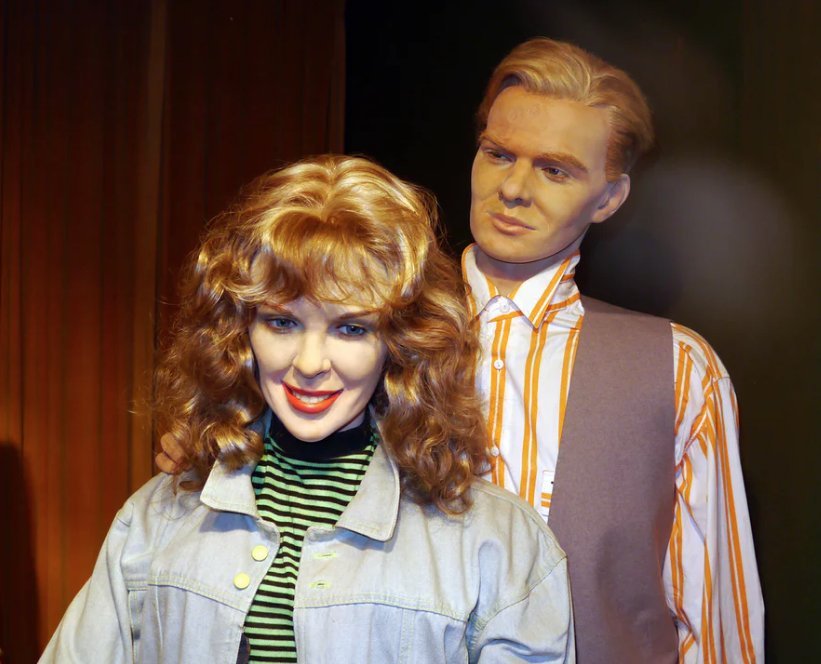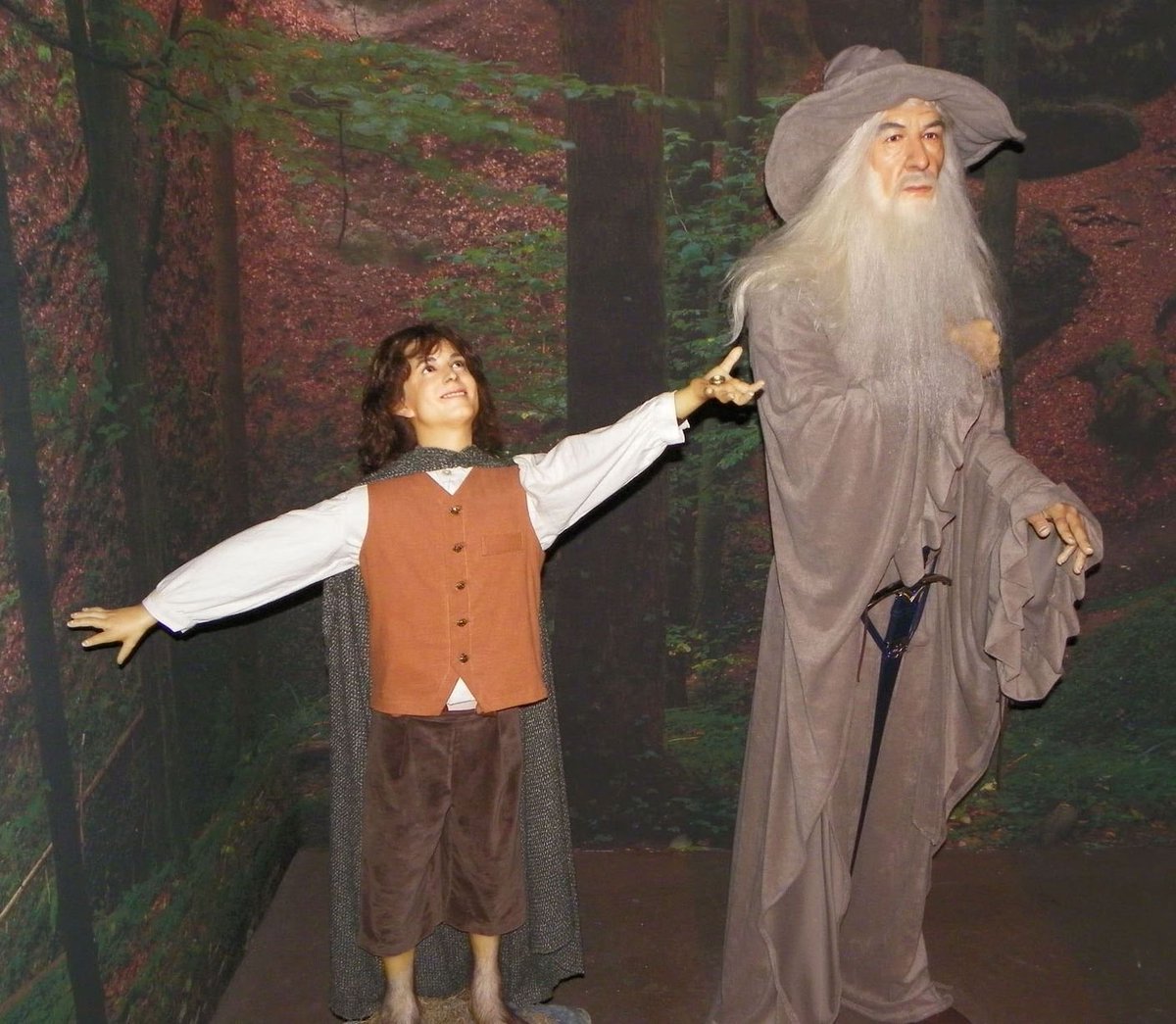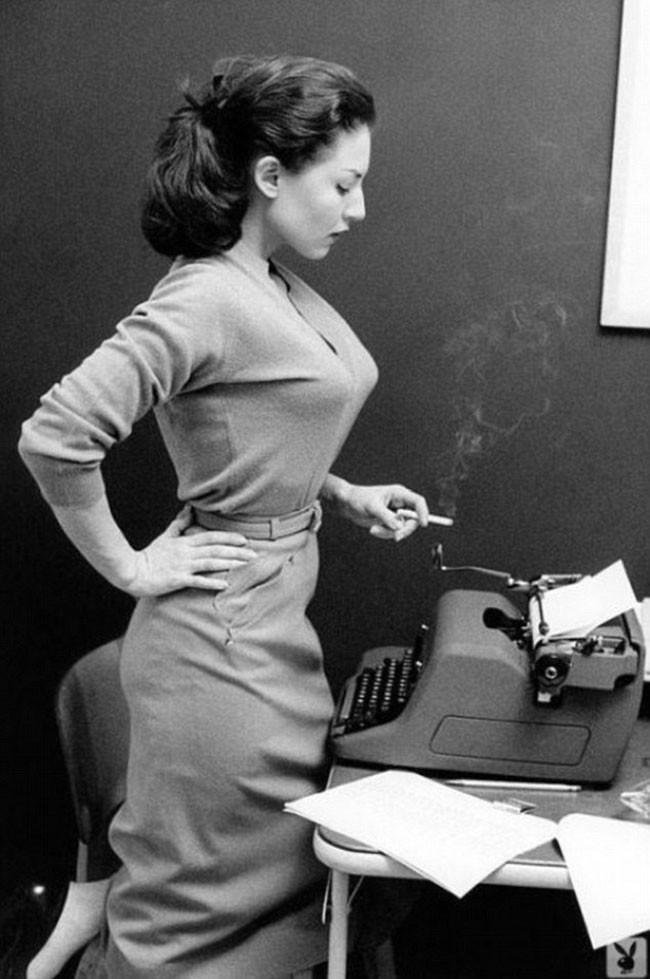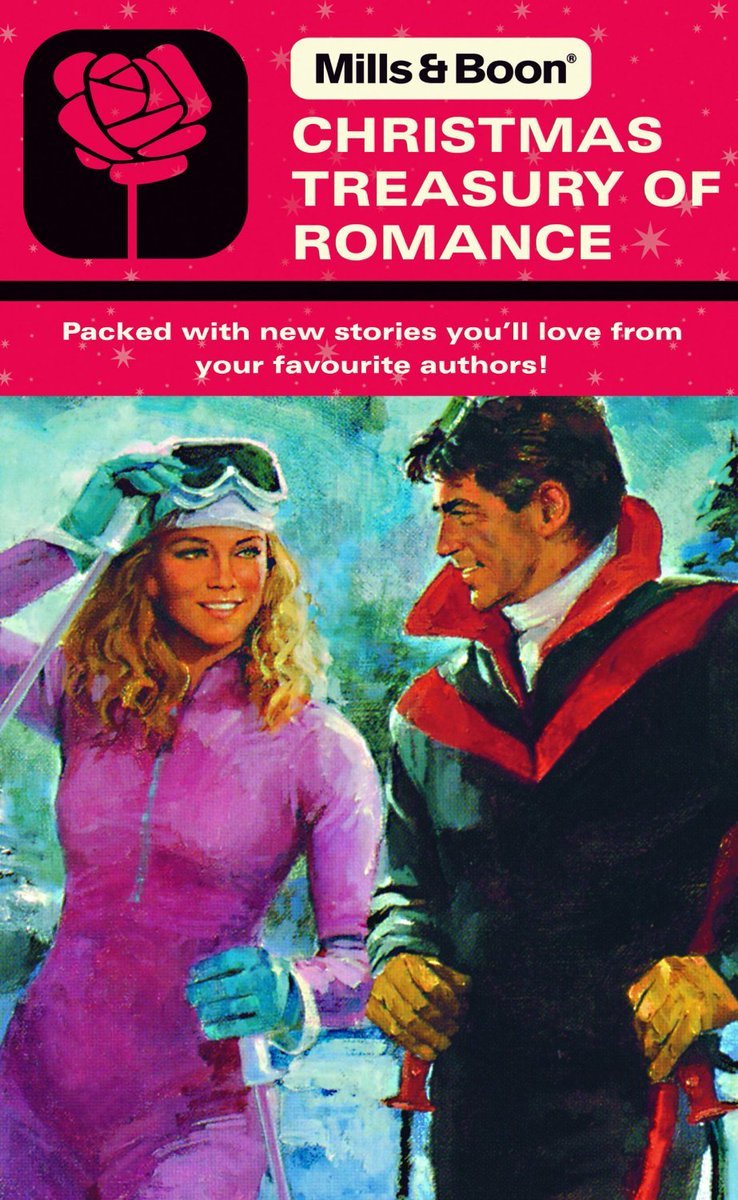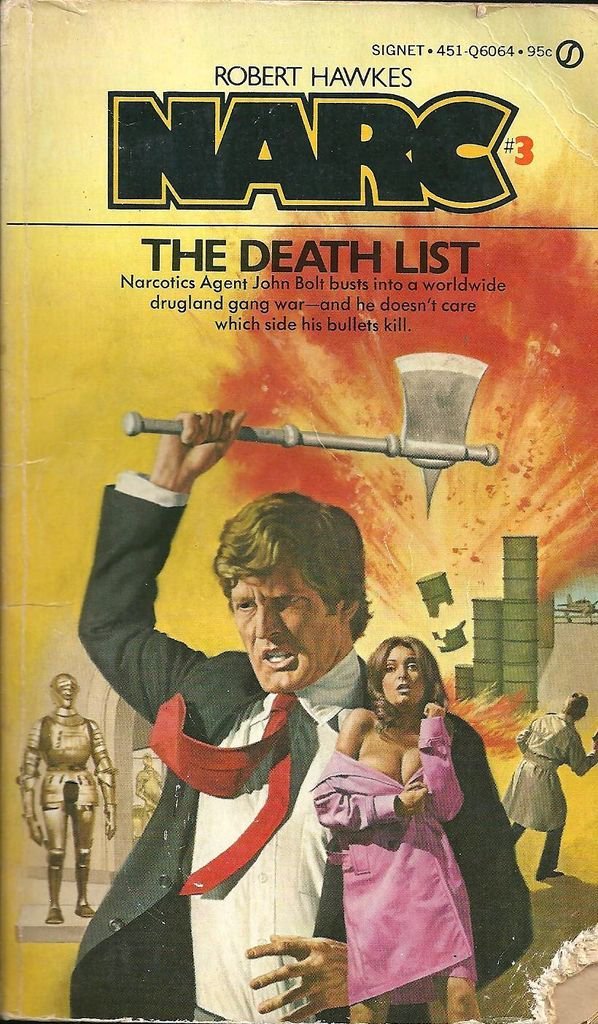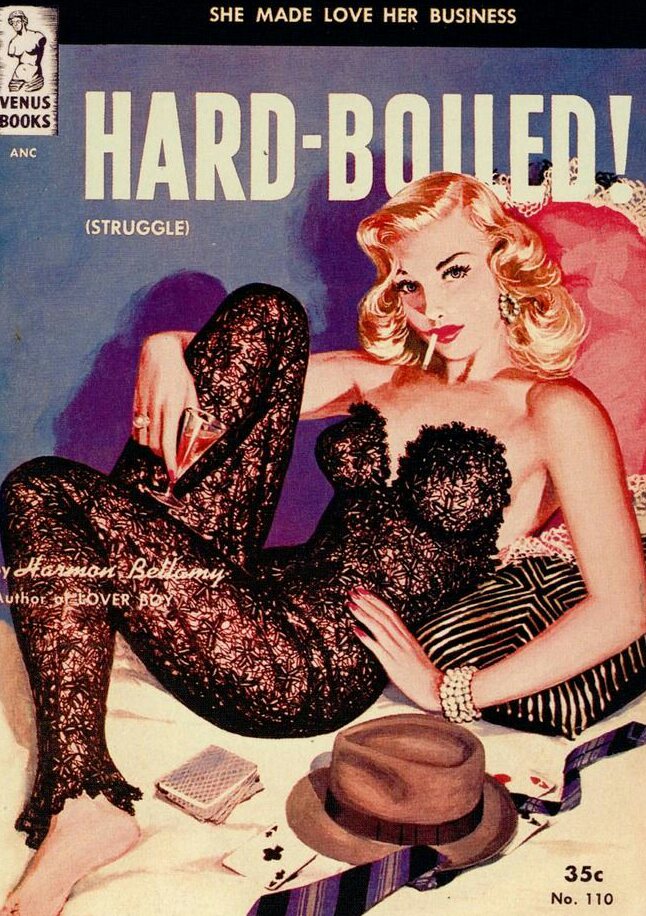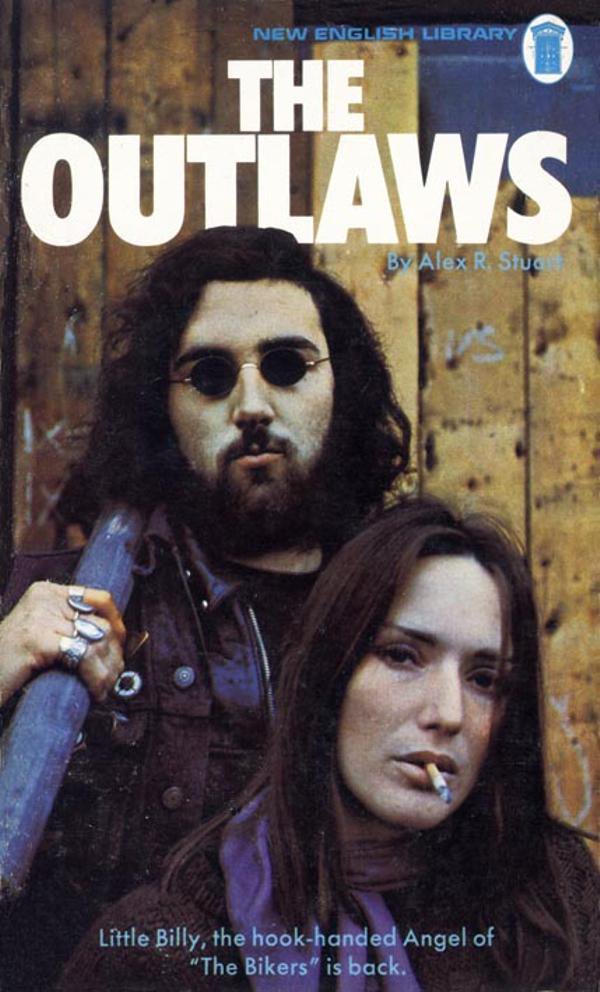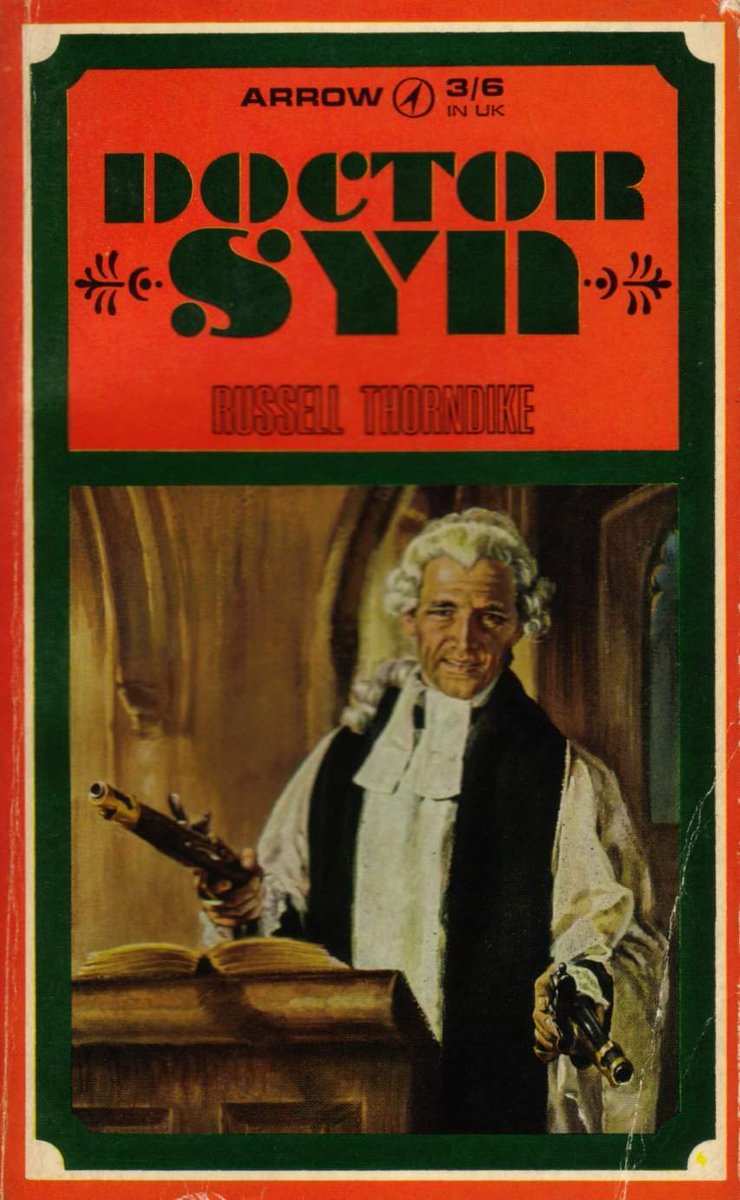Time for a pulp quiz, and today I ask: can you identify the following celebrities from their waxwork dummies?
Not all of them will have a name badge like Beyoncé...
Not all of them will have a name badge like Beyoncé...

And the answers are:
• Donald Trump
• Lady Gaga
• Sean Connery
• Sylvester Stallone
• Michael J Fox & Christopher Lloyd
• Chris Hemsworth
• Leonardo DiCaprio
• Kylie Minogue & Jason Donovan
• Barack Obama
• Britney Spears
More celebrity quizzes another day.
• Donald Trump
• Lady Gaga
• Sean Connery
• Sylvester Stallone
• Michael J Fox & Christopher Lloyd
• Chris Hemsworth
• Leonardo DiCaprio
• Kylie Minogue & Jason Donovan
• Barack Obama
• Britney Spears
More celebrity quizzes another day.

• • •
Missing some Tweet in this thread? You can try to
force a refresh








